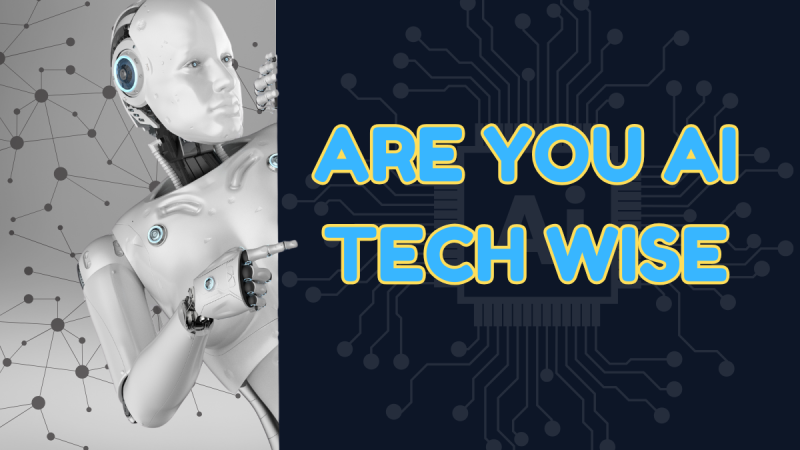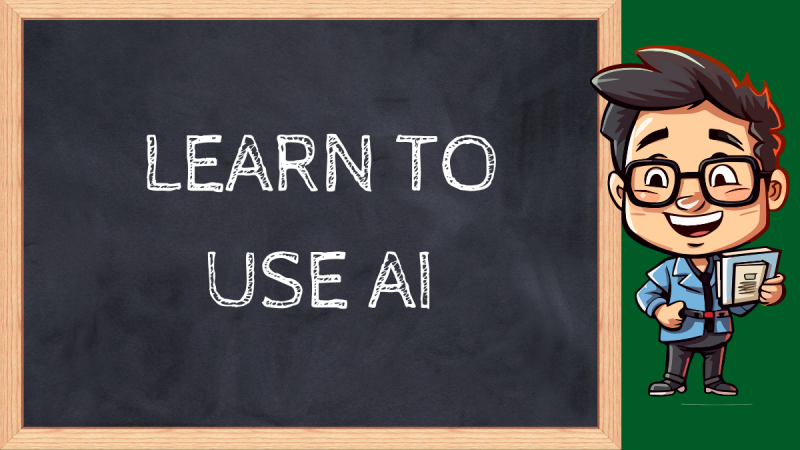Seniors are learning to use AI through hands-on practice
Yes, community workshops, and accessible tools like voice assistants to help with health management, social connection, and daily tasks. Many are motivated by a desire to remain independent and connected as technology becomes more prevalent in daily life.
Learning strategies for seniors, Starting simple, Learners are encouraged to start with user-friendly AI tools, such as asking questions to a voice-activated assistant like Alexa or Siri.
Structured courses, Community programs and senior centers often hold workshops that break down complex AI topics into simple concepts. These often include hands-on activities to reinforce learning.
Online resources, Online platforms and tutorials, including free options, provide self-paced introductions to AI. Many focus on how AI is used in real-world situations, avoiding technical jargon.
Peer-to-peer learning, Research suggests older adults prefer learning from patient teachers and fellow learners in a supportive group environment. Some initiatives are exploring using AI chatbots that act as “peer learners” to offer a socially engaging learning experience.
Gradual adoption: Instead of learning everything at once, seniors are introduced to AI technologies gradually to help them adapt at their own pace. This approach improves the chances that they will continue using new tools.
AI applications for daily life, Health and safety, Health monitoring, Wearable devices like smartwatches can track vital signs, activity levels, and sleep patterns. AI algorithms can identify health anomalies or detect falls and send alerts to caregivers or emergency services.
Medication management, AI-powered apps and smart dispensers remind seniors when to take their medication. Some can even send alerts to family members if a dose is missed, which reduces the risk of medication errors.
Predictive alerts, By analyzing data from home sensors, AI can learn a senior’s normal behavior patterns and flag unusual changes. This proactive monitoring helps identify potential health declines before they become serious.
Social connection and companionship, AI companions, Social robots, like ElliQ, are specifically designed to be proactive companions, initiating conversations, suggesting activities, and tracking wellness. These tools can reduce feelings of loneliness and isolation.
Voice assistants, Devices like Alexa and Google Assistant allow seniors to easily make phone and video calls with simple voice commands, making it easier to stay connected with family and friends.
Cognitive stimulation, AI-powered games and applications offer memory-enhancing activities and cognitive exercises that can help keep seniors mentally sharp
Home management and independence, Smart home technologies, Voice commands can be used to control automated lights, thermostats, and security systems. These tools help with everyday tasks and enhance comfort and safety within the home.
Automated tasks, AI can be used for various household management needs, such as creating grocery lists, planning meals, or managing calendars. This simplifies daily routines and helps seniors maintain their independence.
Navigation and mobility, AI-powered apps offer personalized navigation assistance, while assistive mobility aids like smart wheelchairs and canes can help prevent falls and increase safe mobility.







